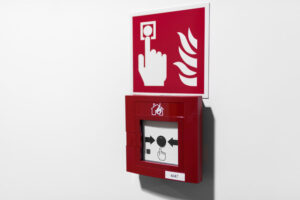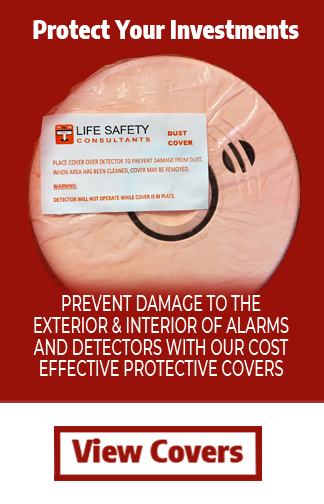 How can medical facilities prevent fires from breaking out and/or be prepared in case there is a fire? Whether it’s a nursing home or a hospital, no one wants a fire to occur in a medical facility. Fires cause damage and can also injure or kill people– especially if they’re sick, disabled or elderly and not able to quickly escape.
How can medical facilities prevent fires from breaking out and/or be prepared in case there is a fire? Whether it’s a nursing home or a hospital, no one wants a fire to occur in a medical facility. Fires cause damage and can also injure or kill people– especially if they’re sick, disabled or elderly and not able to quickly escape.
Monitor High Risk Areas
Medical facilities should monitor their kitchens, especially during meal prep times. After all, the majority of fires start thanks to equipment in kitchens. Grease traps need to be emptied on a regular basis. Grills and ducts need to be cleaned regularly. Any flammable liquids or oils need to be stored far away from cooking equipment. Electrical cords should be checked for frays or tears. And kitchens should have portable fire extinguishers on hand, just in case a fire breaks out. Several kitchen workers should be familiar with how to use fire extinguishers, and there should be a fire escape plan posted in the kitchen so people know where to go in order to escape a fire.
Look for Potential Electrical Issues
Electrical malfunctions can cause fires in medical facilities. Oftentimes, people will overload outlets, plugging too many things into one circuit. Ideally, avoid using extension cords. Don’t run cords through windows, doorways, or walls, and don’t run cords under carpets. Check to see if cords are split or cracked– if so, don’t use them. Certified electricians should inspect medical facilities every few months to see that the electrical system is not overloaded and there aren’t any fire hazards.
Strict No-Smoking Rules
Smoking and oxygen-dispensing machines do not mix. Therefore, don’t allow smoking in medical facilities and that way patients won’t end up with minor burns when they light cigarettes while receiving oxygen.
Having the Right Fire Alarm and Fire Suppression Systems
Medical facilities should upgrade their sprinkler systems to use automatic extinguishers such as wet-pipe sprinkler systems which discharge water as soon as the sprinkler detects the heat of a fire. That said, staffers of medical facilities might also need to use portable extinguishers to put out fires. They should be trained on how (and when and where) to use them.
Life Safety Consultants sells fire alarms as well as replacement parts and other items. Call 888-557-0558 for more info.

